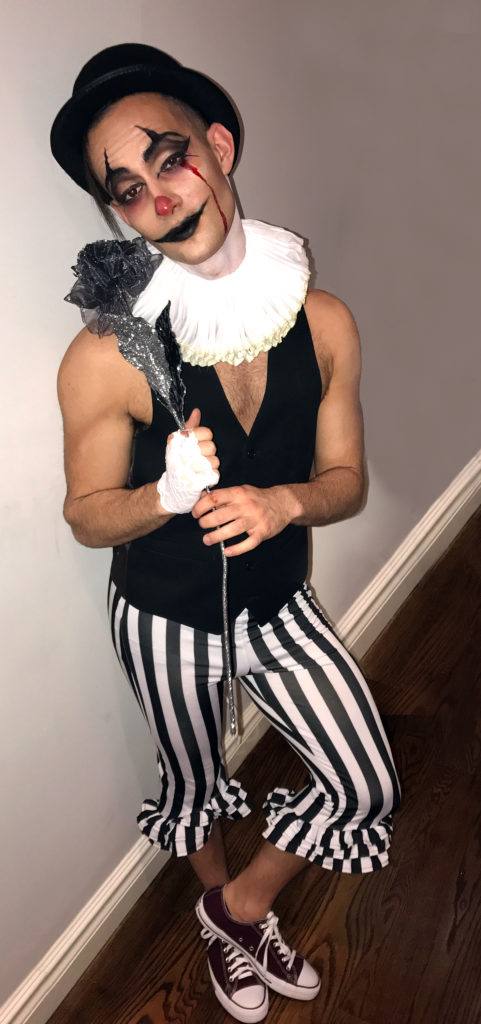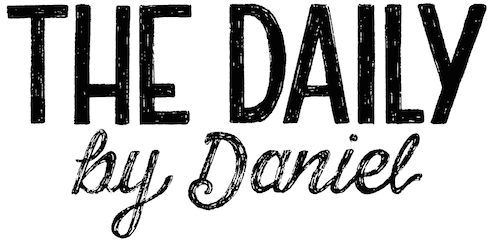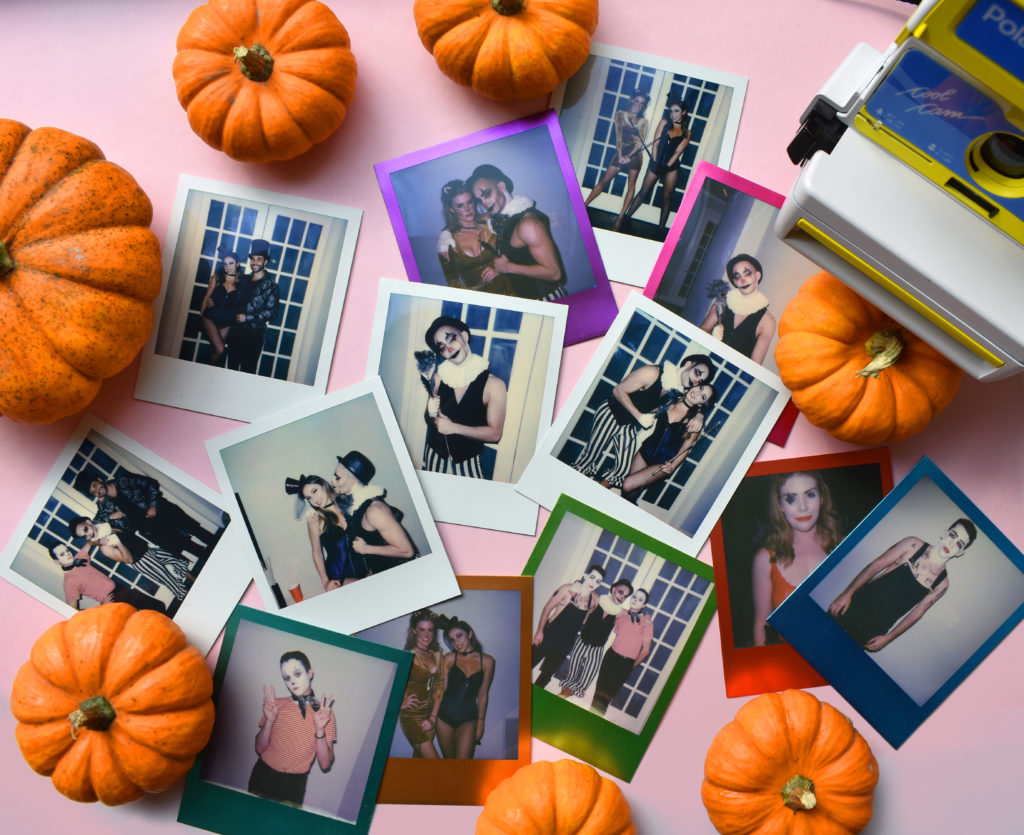There’s something delightfully odd about Halloween; no one goes as themselves, and yet everyone seems to feel right at home in their own skin. It’s almost as if the personas we adopt have lived within us all along, and we just bring them to surface for the night.
Whether we dress up or dress down, snag a treat or play some tricks, Halloween gives us a reason to distance ourselves from our ordinary identities, and to celebrate that gap in between. And in that gap, in the space between our regular selves and the façades we take on, we become artists, craftsmen, and visionaries. Our skin becomes our canvas, and we have the ability to create whoever or whatever it is we imagine ourselves to be.

This past weekend, my friends and I did just that. We traded in our regular personalities for some more intricate masks. Fangs in, claws out, blood painted and whips in hand – the moon was our spotlight and we went to the circus. Well, Brooklyn, that is.
Just for a night, ten twenty-something-year-olds who call each other friends became ringleaders, mimes, clowns, tigers, acrobats, and harlequins. We ventured from the West Village over the bridge to Williamsburg and stepped into a world where freaky was the fashion and normal was a sin.
House music flooded the air, cages of fire breathers swung above us, strobe lights pierced through the dark, and we creatures of the night claimed the dance floor as our own. I walked through House of Yes and explored each of its rooms. Observing the rest of the people at the club, I was amazed at the transformations I saw around me. But it wasn’t until I looked into the distorted funhouse mirror there that I almost didn’t recognize myself. There I was: a clown in a black vest under a round top hat. A red teardrop streamed down my cheek and grey contact lenses pierced through my eyes. The tip of my nose adorned burgundy, and the rest of my face painted every other shade of white I didn’t know existed.
Strangely enough, not recognizing myself instantly in the mirror was as jarring as it was exciting. I felt as if I had come face to face with someone I had never met before, but who looked oddly familiar. My costume even disguised me from myself for a moment, and that mystery was liberating. Perhaps that’s what came over everyone so infectiously on the dance floor – not just the music, but the invisible cloak of anonymity that hung over us all. No one looked like themselves, and perhaps that’s what made us all feel so free. The House became a sanctuary, dance our religion, and disguise our equalizer.
It was refreshing existing in a space where we were all covered in paint and feathers and glitter – and skin color, ethnicity, and race all faded away, even for just a few hours.
Finally, the clock struck four, the magic of our masks began to wear off, and our feet got tired of dancing. We made our way back into the city and bid farewell to the circus.
When I got back to my apartment and looked in the mirror, I could see much more clearly in the light this time – finally acquainted with the clown gazing back at me. I washed off my makeup, pulled out my contact lenses, took off my hat – and there I was, my regular self. As much as I enjoyed the alternate reality we discovered at House of Yes, I found comfort in being myself again as the sun began to rise.
Now that I look back, I think what made our night so magical was the fact that it was temporary, and that we knew we’d make it back into our own skin once the show ended and the curtains closed. Perhaps we escaped so freely into the circus because we knew we only had a few hours to be in it. After all, we couldn’t be lions, clowns, and ringleaders forever. But maybe that’s the true beauty of Halloween – that it forces us to find enough escape and liberation from the real world in just one night, to make us feel secure and comfortable enough in our skin again thereafter – until next year anyway, when the circus comes to town once again.

